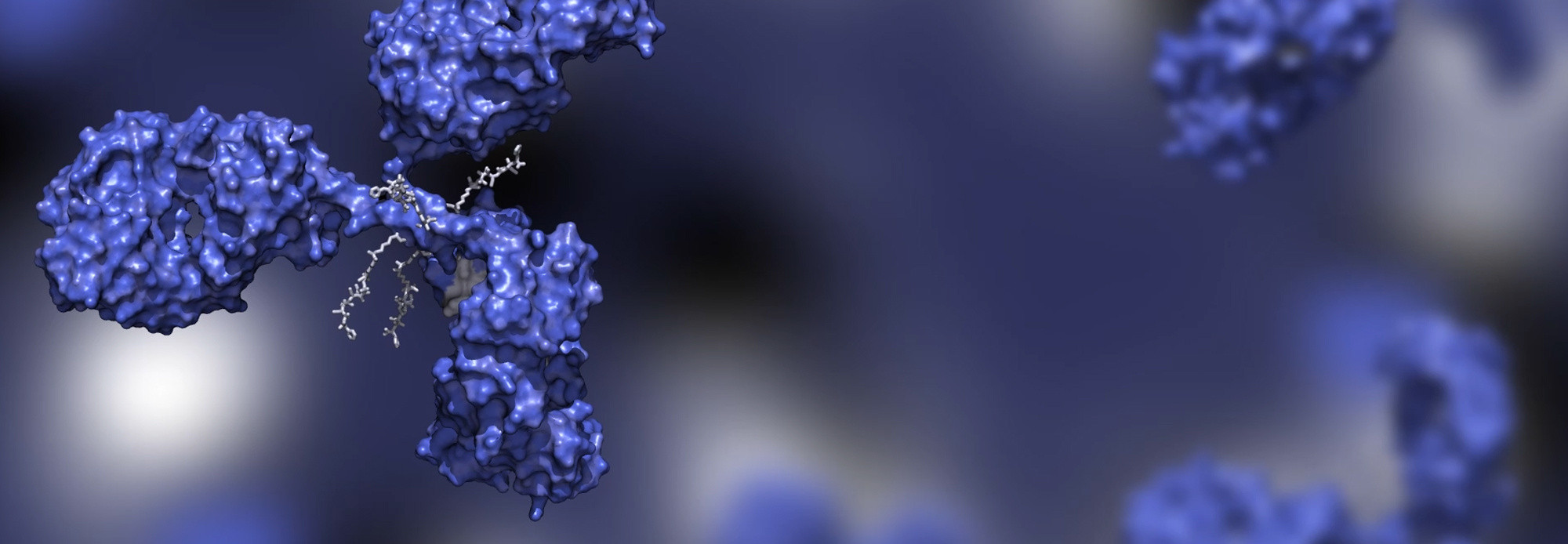Complex and sensitive drugs composed of a monoclonal antibody (mAb), a cytotoxic payload, and a chemical linker. They require well-suited containers to prevent degradation due to linker instability, mAb sensitivity, cytotoxicity, and light sensitivity.
The innovative structure of ADCs enables precise delivery to tumor cells while reducing off-target effects.
Most ADCs are lyophilized to preserve linker and payload stability. While IV infusion is common for oncology, alternative routes like subcutaneous delivery are being actively explored.
The development and commercialization of ADCs come with unique challenges, such as ensuring drug stability, managing lyophilization complexity, and maintaining formulation efficacy. Choosing the right primary packaging is key to overcoming these risks and supporting successful product delivery.

Extending shelf-life and maintaining drug product stability, mainly for liquid formulations, and particularly those light sensitive

Minimizing physical (e.g., fogging effect with lyophilized drugs) and chemical (e.g., corrosion and delamination risk with liquid drugs or diluents) interaction with primary packaging components

Reducing scrap and breakage risks during processing (e.g., lyophilization stress) and use by the healthcare operators due to drug toxicity

Managing small-size batches with minimal waste, ensuring flexible manufacturing and cost-efficiency

Stevanato Group supports the advancement of ADCs with comprehensive solutions across the entire pharmaceutical value chain. From early-stage development to commercial scale-up, our integrated offering helps accelerate time-to-market while ensuring quality and regulatory compliance.
Our unique market position enables us to deliver advanced drug containment solutions, analytical and testing services, and precision-engineered manufacturing technologies tailored to the specific needs of ADCs.
